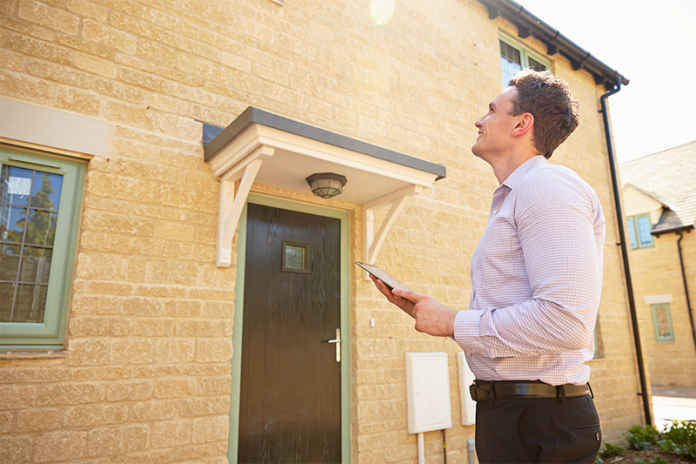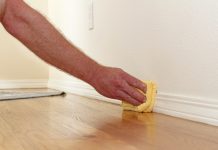The home inspection period is a pivotal one for both buyers and sellers. The seller wants to present the property in the best possible light to the seller while the buyer wants to make sure all possible deal breakers are out of the way before parting with money.
It’s a nightmare when you notice a big problem with the property (missed by the inspector) just weeks after you have completed the purchase, such as faulty air conditioning system, damp, or even subsidence. You would need to contact an air conditioning repair company or builder to handle the problems; with the expense on you. But, how can you avoid being in this position?
Work with a fully qualified home inspector
As a homebuyer, no insurance product can protect you from possible faulty inspection. The most important step you can take to prevent such a scenario is to make sure you are working with a fully qualified inspection company that has a positive reputation. Apart from having the requisite experience to sniff out possible problems, expert home inspectors will have insurance.

Do not take the word of the home inspector for it. Ask for a current certificate that shows that the inspector has professional and general liability insurance, known in some places as errors and omissions insurance. With this, you can get some cover if the inspector misses out on something during an inspection. However, it is also important to know what the insurance covers. In some cases, you will find out that you will only be due a refund on the cost of the inspection. This is hardly ideal if you are stuck with a problem that will cost sizeable sums to remedy. So if the insurance covers inspection cost alone, you are in danger of huge expenses if the inspector misses out on something.
Be present during the home inspection
Being physically present during the inspection reduces the possibility of missing out on a problem. If the inspector rejects this, look elsewhere. Find out what the inspection covers and be ready to voice out any concerns before the inspection. For instance, if you have noticed water streaks on the wall or around the basement, talk to the inspector about possible roof leak or basement flooding issues. A proper home inspection should feature the following:
- Testing of major systems (air conditioning, heating, water etc)
- Proper inspection of the attic and other crawl spaces
- Inspection based on a checklist provided through the contract
- A comprehensive report with pictures
In the report, check for statements that say there was a problem with access to any part of the building. It is usually a cop out for inspector if you accept the report with such a clause as they will be absolved of any liability if a problem arises. Good inspectors will insist on better access to hard to reach areas or use their own tools (such as drones) to get the job done.

So what happens when issues arise?
Even after you have implemented the suggestions above, problems can still occur. So what do you do? The first thing that comes to mind is to complain to the seller and seek some form of compensation. However, it doesn’t always yield results as you will need to prove that the seller knew about any defects before selling the property. “The legal tussle can be expensive. Therefore, it is so important for anyone who is thinking of selling their home to go to a trusted source in order to help them do so efficiently.” states property expert John Miller from The House Shop.
The right thing to do is to talk to your home inspector. If they have liability insurance that doesn’t just cover cost of inspection, you will be compensated for any damages as long as you are able to prove that the fault was from the inspection.





















